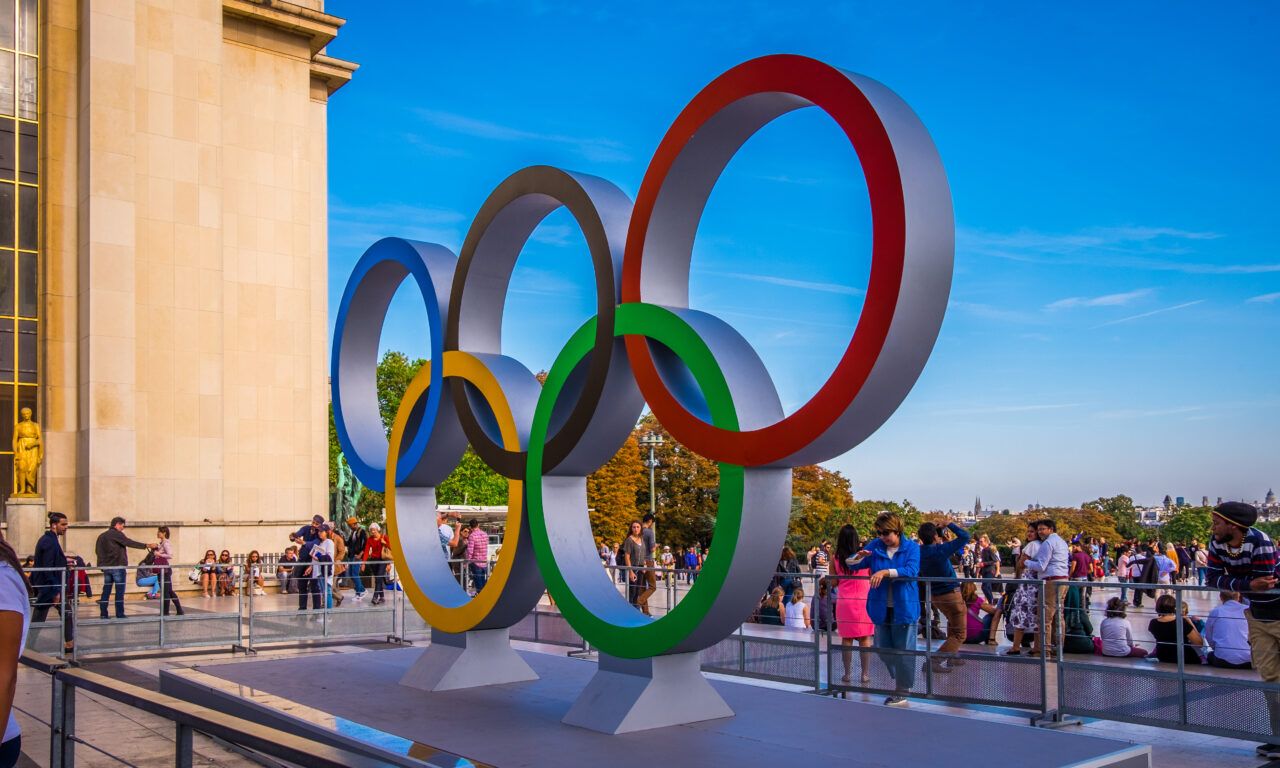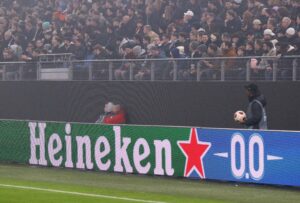How Olympic sponsors have found themselves in a political minefield

The UK government has penned a letter to the 13 worldwide partners of the International Olympic Committee, requesting that the IOC abandon its plans for a “pathway” that would allow Russian and Belarusian athletes to compete as ‘neutrals’. Sponsors from Coca-Cola to Intel are now weighing up the implications of proximal support for Russian involvement in the Olympic Games.
Culture secretary Lucy Frazer has stated that “sports and politics in Russia and Belarus are heavily intertwined, and we are determined that the regimes in Russia and Belarus must not be allowed to use sport for their propaganda purposes.” It stands starkly opposite the view from the IOC that “the autonomy of sport” positions athletes outside of their passport – they shouldn’t, therefore, be seen as extensions of Russia’s military activity and punished as a result of broader sanctions.
With Ukraine threatening to boycott the Paris Olympics should the IOC allow Russian athletes to compete, tensions and allegiances are fraught with uncertainty. For the Olympic sponsors, this issue is just as tricky to navigate. Should the likes of VISA apply pressure on the IOC or toe the line of their partners? Given the tense division, action either way will carry enormous reputational risks. It is most likely therefore that these sponsors will continue to take a back seat and stay silent on the matter.
That said, silence is ultimately recognised as its own action within conflict. If discontent with the IOC continues to grow, sponsors will be forced to comment or risk complicity in unpopular political choices. The UK is one of 35 nations, including the United States and hosts France, demanding clarity on the precise terms of neutrality. The question remains: is neutrality really neutral? Is silence support?
The unfortunate ebbs and flows of Russia’s war with Ukraine are well beyond the control of sponsors. Nevertheless, Coca-Cola announced in March of 2022 that it had suspended its business in Russia as a show of support for the people of Ukraine. The company is certainly capable of making difficult, geopolitical decisions. In light of international hostilities, sponsors must be wary of projecting political amorality. The key is consistency: when expressing ostensibly core values that are in fact dictated entirely by public opinion, sponsors are rightly open to the perception of fickleness.
At the time of writing, no sponsors have responded to Lucy Frazer’s letter.









